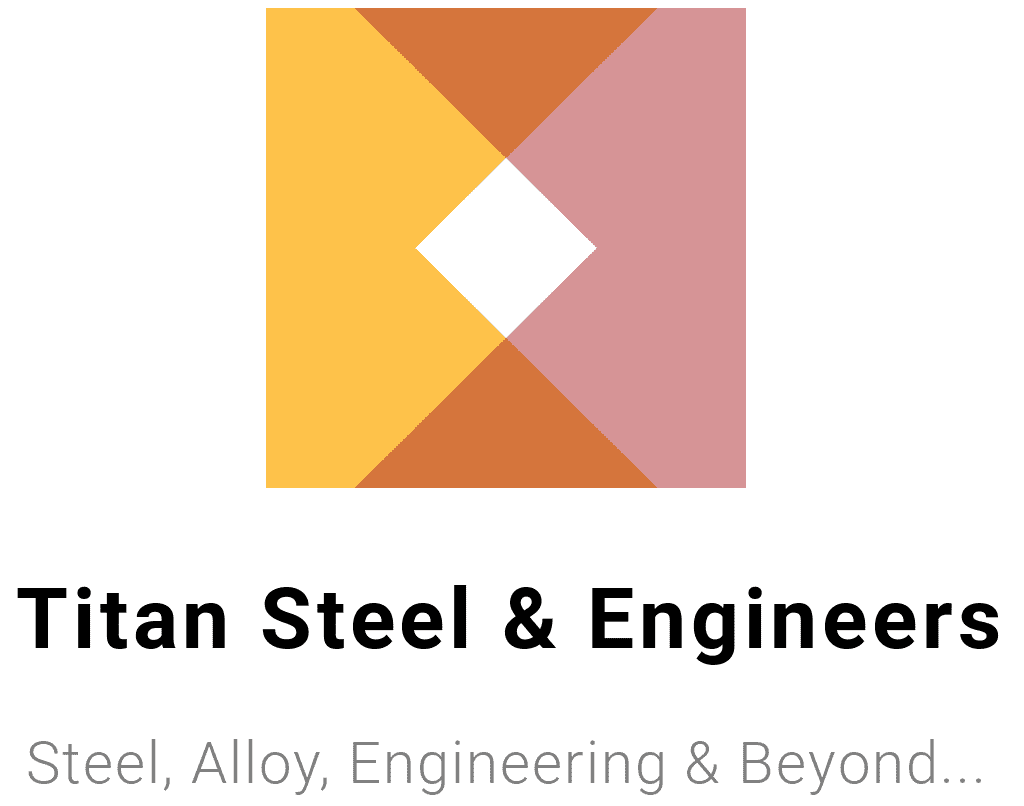The Ultimate Guide to Choosing the Right Carbon Steel Supplier
What You’ll Learn
Carbon steel is one of the most versatile and widely used materials in engineering and manufacturing. From construction beams to automotive parts, its applications span across industries. But sourcing high-quality carbon steel from the right supplier can be a challenging task.
This guide covers everything you need to know about carbon steel, its applications, and how to choose the ideal supplier for your needs. By the end of this post, you’ll have a clear roadmap for selecting a reliable partner to ensure your projects are set up for success.
What is Carbon Steel?
The Basics of Carbon Steel
Carbon steel is a type of metal alloy primarily composed of iron and carbon, with a small percentage of manganese and other elements. Unlike stainless steel, carbon steel doesn’t contain chromium, which is why it doesn’t resist corrosion as effectively. However, what it lacks in corrosion resistance, it makes up for in strength, durability, and affordability.
Key Properties of Carbon Steel
- High strength-to-weight ratio
- Cost-effectiveness compared to stainless steel and other alloys
- Easy to machine and weld
- Durable and long-lasting under stress
Common Uses of Carbon Steel
Because of its properties, carbon steel is used in a diverse range of industries. Some practical applications include structural components, machine parts, and tools. Its affordability also makes it a top choice for large-scale projects needing durable materials.
Types of Carbon Steel
Carbon steel is typically categorized by the percentage of carbon it contains, which significantly affects its strength and ductility.
1. Low Carbon Steel (Mild Steel)
Carbon content: Less than 0.25%
This type is highly ductile and easy to weld, making it ideal for applications such as structural beams, automotive body panels, and pipeline components.
2. Medium Carbon Steel
Carbon content: Between 0.25% and 0.60%
Medium carbon steel strikes a balance between ductility and strength, making it perfect for machinery parts like gears, axles, and crankshafts.
3. High Carbon Steel
Carbon content: Between 0.60% and 1.5%
Known for its hardness and strength, high-carbon steel is ideal for cutting tools, springs, and high-tensile wires.
Applications of Carbon Steel Across Industries
Manufacturing
Carbon steel is an essential component in machine manufacturing, offering high durability and machinability. From industrial tools to precision gears, its uses are vast.
Construction
This material is a go-to for supporting structures like beams, reinforcement bars, and bolts. Its strength and affordability make it vital for large-scale construction projects.
Automotive
Carbon steel is widely used in the production of automobile components, including chassis parts, fasteners, and exhaust systems, due to its ability to absorb and withstand strong forces.
Factors to Consider When Choosing a Carbon Steel Supplier
Selecting the right supplier can make or break your project. Here are some critical factors to evaluate before making a decision.
1. Material Quality
Ensure the supplier provides high-grade carbon steel that meets industry standards and project specifications.
2. Inventory and Availability
Can the supplier meet your volume requirements consistently? Consider suppliers with a diverse product inventory and reliable stock availability.
3. Lead Times
Timely delivery is crucial for any manufacturing or construction schedule. Review the supplier’s distribution processes to ensure on-time delivery.
4. Customization Options
If you require specialized grades or sizes of carbon steel, look for a supplier that offers customization services.
Key Questions to Ask Potential Suppliers
- What grades of carbon steel do you offer?
- Do you have any minimum order quantity requirements?
- How do you ensure the quality of your products?
- Are you able to deliver within our production timelines?
- Do you offer technical support or consultation services?
By addressing these questions upfront, you’ll avoid potential issues and establish clarity in the partnership.
Quality Assurance and Certifications
Reputable suppliers often hold certifications that demonstrate their adherence to global standards. Look for certifications like ISO 9001, ASME, or ASTM compliance to ensure you’re working with a trustworthy partner. These certifications reflect strong quality-management systems and commitment to delivering reliable products.
Trends and Innovations in Carbon Steel Supply
The carbon steel industry is evolving with advancements in technology and sustainability. Staying updated on these trends can provide your business with a competitive edge.
AI-Optimized Supply Chains
Artificial intelligence (AI) is being used to optimize the supply chain process, resulting in faster lead times and reduced costs for customers.
Sustainable Sourcing
Many suppliers are adopting eco-friendly practices, such as sourcing recycled materials and implementing energy-efficient manufacturing processes.
Enhanced Coatings and Finishes
New technologies are improving corrosion resistance in carbon steel through advanced coatings and finishes, extending the material’s lifespan.
Work with the Right Supplier Today
Partnering with a reliable carbon steel supplier is fundamental to the success of your projects. A supplier who offers high-quality materials, dependable delivery, and technical expertise can save you time, money, and effort.
Take your time to vet potential suppliers, ask the right questions, and ensure they meet your production needs. With the right partner, you’ll enjoy smoother operations and long-lasting results.
Need expert guidance on sourcing carbon steel? Contact us today and discover how we can support your business goals.

